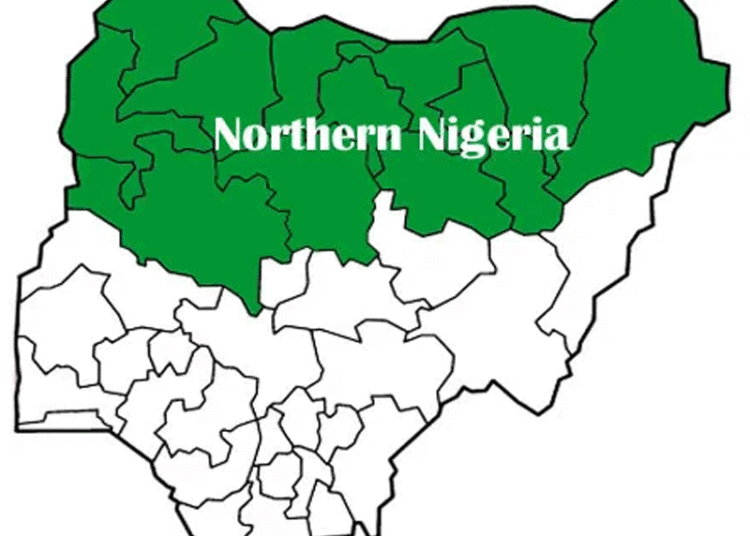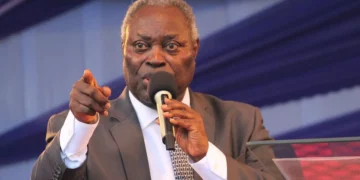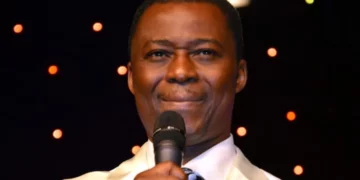When news broke of the abduction and subsequent murder of Alhaji Isa Bawa, the Emir of Gobir in Sokoto State, a familiar chill ran through the spine of Nigeria. For those closely following the security situation in the North, it wasn’t just another headline. It was a festering wound that refuses to heal, a crisis that has become all too commonplace yet remains as shocking and unacceptable as ever.
The murder of a monarch isn’t just another statistic in the long list of casualties. In the North, traditional rulers are more than figureheads; they’re the living embodiments of cultural continuity and communal stability.
When bandits dare to strike at such a symbolically important target, it sends shockwaves through the entire social fabric. It leaves people wondering: if even our monarchs aren’t safe, what hope is there for the rest of us?
But the monarch’s death, as significant as it is, is just one thread in a tapestry of violence that has been unfolding across the North in recent weeks.
Let’s look at the grim roll call: four farmers killed by suspected Boko Haram terrorists in Borno; the murder of Governor Umar Dikko Radda’s liaison officer and his wife in Katsina, with another spouse abducted; 13 farmers gunned down in Niger State, allegedly for cooperating with security forces. The list goes on; each incident is more heart-wrenching than the last.
I find myself asking the same question that’s on the lips of millions of northern Nigerians: how long can this continue? After every round of killing, we hear condemnation from the political leaders, and nothing is done until the next round of killing by bandits and terrorists. The frustration in the north is palpable, and it’s growing.
This brings me to a point I’ve been contemplating for some time: the role of Northern elites in addressing this crisis. They have a major role in taming the twin monsters of banditry and terrorism.
The region needs strong, visionary leaders now more than ever. Instead, we often see a cacophony of voices engaged in what I call “blamestorming” – pointing fingers at the federal government, at neighboring states, at foreign influences – anywhere but inward.
Don’t get me wrong; I understand the complexity of the security situation. The roots of this crisis run deep, intertwining issues of poverty, education, environmental degradation, and governance failures.
But understanding the problem isn’t enough. What the North needs now is action – decisive, coordinated, and sustained action.
The solution to the North’s problems must come from within the North.
This isn’t to say that the federal government doesn’t have a role to play. Of course, it does. But northern leaders – political, religious, and traditional – need to take ownership of this crisis. They need to move beyond expressions of sadness and condemnation, beyond calls for more military intervention, and start addressing the root causes of insecurity in their backyards.
What might this look like in practice? For one, it means investing heavily in education and economic development, creating opportunities for the millions of young northerners who might otherwise be tempted by the false promises of extremist groups or criminal gangs. It means strengthening local governance structures and improving transparency to rebuild trust between communities and authorities.
It means fostering interfaith and inter-ethnic dialogue to counter the narratives of division and hate.
Most importantly, it means northern leaders must start working together across political, religious, and ethnic lines. The security crisis doesn’t discriminate between PDP and APC states, between Muslims and Christians, or between Hausa, Fulani, and other ethnic groups. Neither should the response.
I’m not naive enough to think this will be easy. The challenges are enormous, and entrenched interests will resist change. But I also believe in the resilience and ingenuity of northern Nigerians.
It’s time once again for its leaders to step up, to move beyond ethnic and political divisions, and to take ownership of the region’s destiny. The people of Northern Nigeria deserve nothing less than a return to peace, stability, and prosperity.





